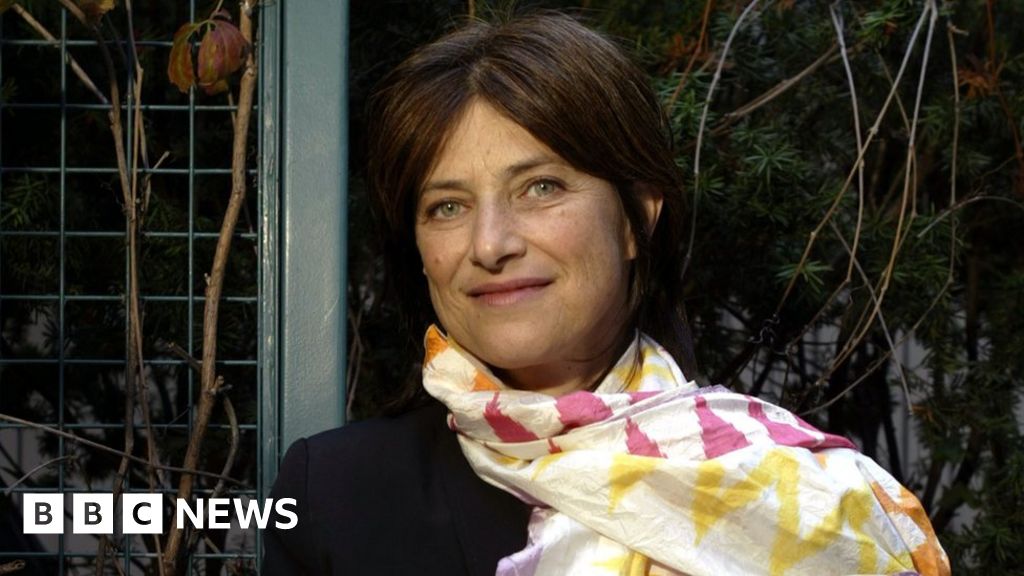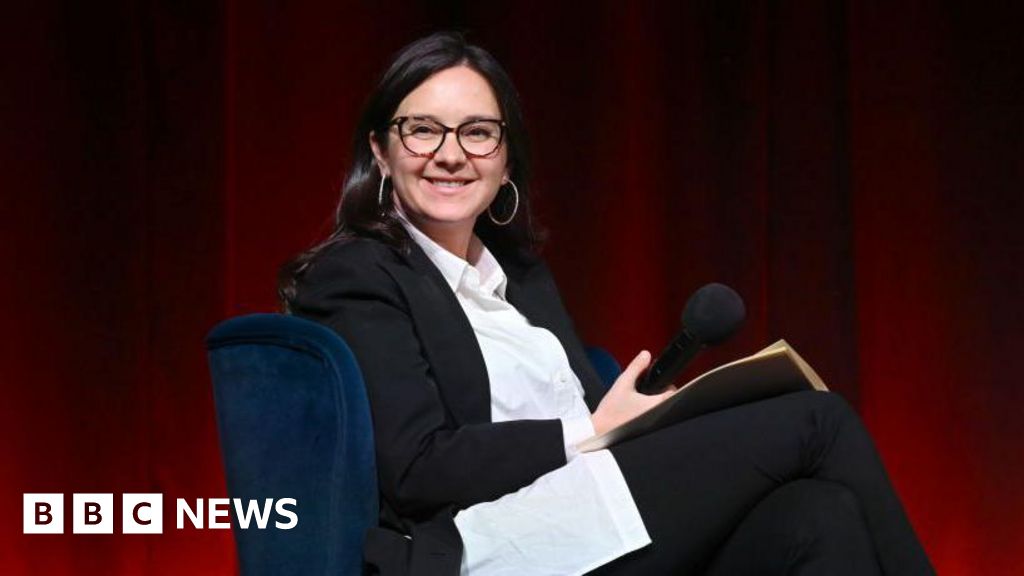Artist Sarah Gillespie has created an intricate series of mezzotints to highlight the plight of moths, whose numbers are declining in the UK.
Created over a period of 18 months, the images were produced using an archaic printmaking technique in which metal plates are meticulously scratched and polished.
“The mezzotints are entirely handmade and hand-printed,” explains the artist, who is based in Devon.
“I use a mixture of photographic and drawn references taken both from my own moth trapping and the museum collection in Exeter.”
While the prints are near-photographic in detail, Gillespie found film to be more influential on her artistic process.
“I’ve always been inspired by film more than photography,” she says.
“The difficulty of the method gives something to push against, to test oneself against.
“Photographs are a very useful reference tool, but what is more interesting to me is the crucial role of light in both film photography and the lives of moths.”
Moths play a vital role in the ecosystem, providing food for a variety of wildlife.
Research suggests that they also pollinate a wide range of plants and flowers overnight.
While sometimes overshadowed by their colourful butterfly cousins, moths are considerably more diverse, with about 2,500 species in the UK.
However, studies have found that the overall number of moths in the country has decreased by 28% since 1968.
It is thought that loss of habitats, pesticides and light pollution are some of the reasons behind the decline in numbers.
Gillespie aims to draw attention to the shrinking moth population, while celebrating the diversity of the insects through her intricate artistic process.
“If what I have been given is the ability to focus, to pay attention, and if there is even the remotest chance that in attending lies an antidote to our careless destruction, then that’s what I have to do: to focus,” she says.
“It’s not enough but it’s necessary.”
Sarah Gillespie’s mezzotints and silverpoint drawings are on display at Kestle Barton in Cornwall until 31 October.































